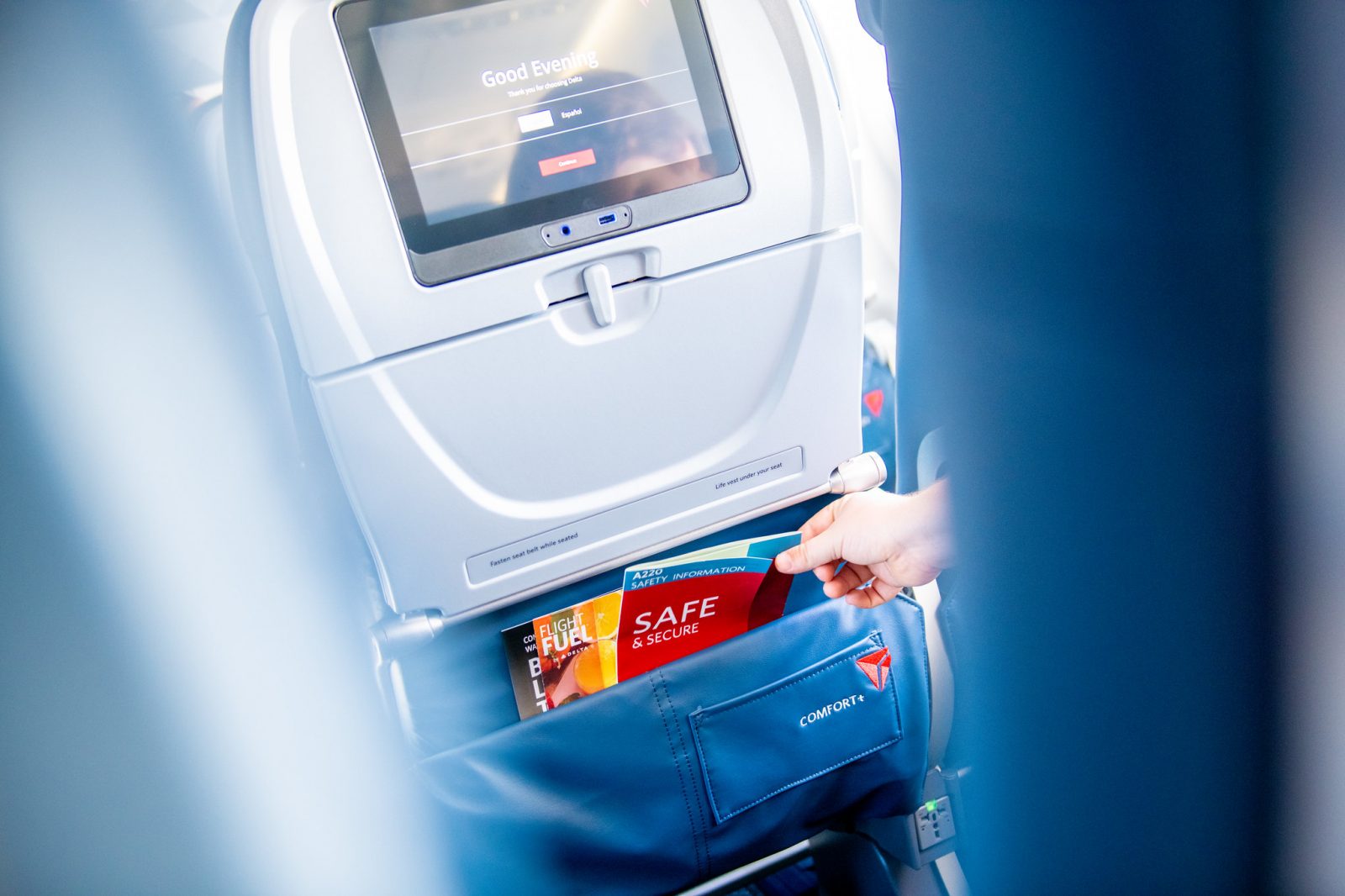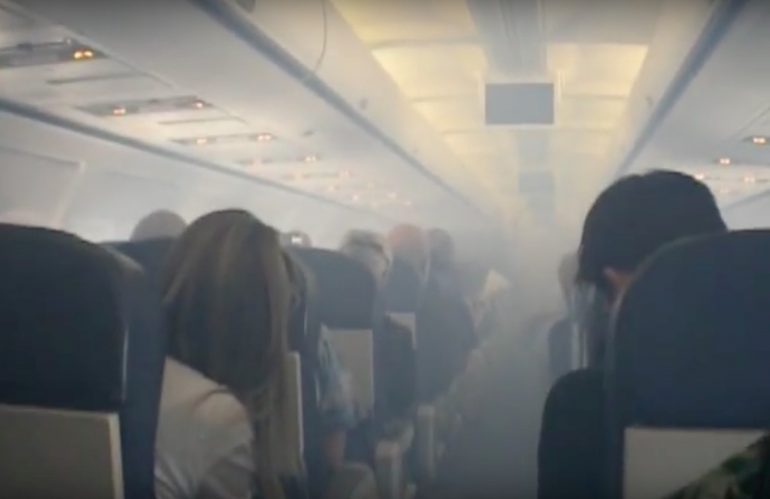
Flight attendants have applauded the introduction of a Bill by Congressman John Garamendi and Senator Richard Blumenthal that would protect passengers, flight attendants and pilots from toxic cabin air. The Association of Professional Flight Attendants (APFA) which represents over 20,000 flights attendants at American Airlines said it received reports of so-called “fume events” virtually every day and said action from the Federal Aviation Administration (FAA) was “long overdue”.
“All Americans have the right to expect safe, clean air when travelling or reporting to work,” explained Congressman John Garamendi (D-CA) who is a senior member of the House Transportation and Infrastructure Committee.
“I am deeply concerned by the documented cases where pilots, flight attendants, and other airline crewmembers have become sick and even hospitalized from toxic cabin air.”
Passengers & airline crews should be confident that the cabin air they breathe during flights is free from any toxic fumes. The Cabin Air Safety Act requires FAA & aircraft manufacturers stop ignoring unsafe air quality levels & mandate reporting, training, & monitoring tech. https://t.co/Q3uuEtYtx4
— Richard Blumenthal (@SenBlumenthal) April 11, 2019
Senator Richard Blumenthal (D-CT) added that the tabled Cabin Air Safety Act would “protect the flying public and airline crews by ensuring the cabin air they breathe during flights is safe—free from any hidden and toxic fumes.”
Toxic fume events occur when the air pumped into the cockpit and passenger cabin becomes contaminated – most commonly from engine oils that mix with ‘bleed air’ that feeds what is supposed to be fresh, clean air into the cabin from the engines. The only passenger plane not to use the bleed air system is the Boeing 787 Dreamliner.
APFA says the bleed air process is “known to fail and cause toxic fumes to be released into the air that both passengers and crew members breathe.”
Other toxic fumes from fuel leaks, de-icing fluids, and smoke from electrical fires can also prove incredibly hazardous for everyone onboard.
The lawmakers who have also won support from Dianne Feinstein (D-CA), and Edward J. Markey (D-MA) in co-signing the bill claim that exposure to even low levels of these contaminants can incapacitate passengers and crew, and cause serious, debilitating health issues.

A growing body of evidence suggests that toxic fumes can cause a condition known as ‘aerotoxic syndrome’ that leads to chronic and irreversible health problems. In the United Kingdom, a trade union is taking legal action in 51 cases of suspected toxic fume poisoning against five major airlines.
The Cabin Air Safety Act would force the FAA to start recording and monitoring fume events with statistics published on a public website and updated every quarter. The FAA would also have to investigate every time a fume event occurred, working with airlines and labor unions to make sure events didn’t occur in the future.
For flight attendants and other airline staffers including pilots and engineers, mandatory training on toxic fume events such as signs, symptoms and treatment would be introduced, while airlines would have to install carbon monoxide detectors on planes.
The Bill mirrors a similar piece of legislation that was tabled during the last Congress – on that occasion, the Bill was never passed. However well-intentioned the Cabin Air Safety Act is, it’s unlikely to be passed during this Congress either. It’s also questionable how much this legislation would actually help – carbon monoxide detectors are all well and good but in reality, the types of fumes affecting passengers and flight crew are far more diverse than just carbon monoxide.
This is an opportunity to push for even more – forcing aircraft manufacturers to design out the bleed air system, requiring airlines to install powerful air filters and making safer and less toxic engine oils the defacto choice.
Many airlines deny that toxic fume events, or what they like to refer to as ‘smell events’, are a problem. Instead, while acknowledging that these incidents can cause distress, airlines insist that any health effects are short term and rarely serious.
Mateusz Maszczynski honed his skills as an international flight attendant at the most prominent airline in the Middle East and has been flying ever since... most recently for a well known European airline. Matt is passionate about the aviation industry and has become an expert in passenger experience and human-centric stories. Always keeping an ear close to the ground, Matt's industry insights, analysis and news coverage is frequently relied upon by some of the biggest names in journalism.







